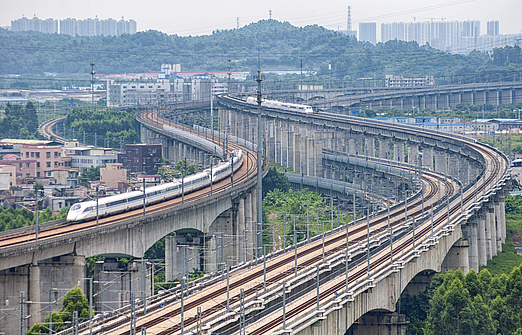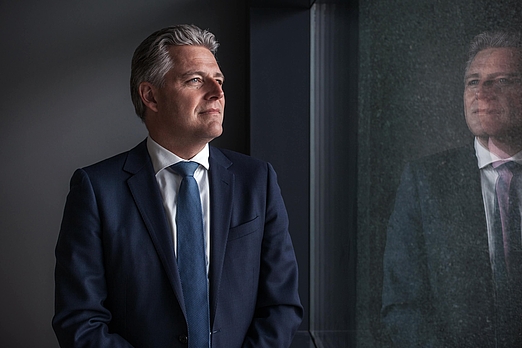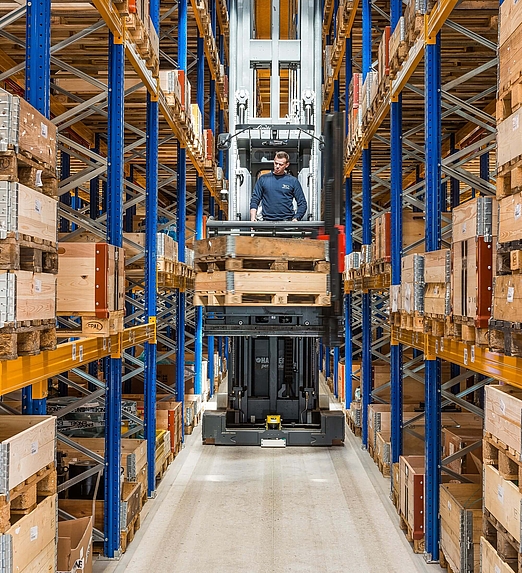“The burden on the world’s oceans caused by heavy fuel oil cannot be justified”
- Interviews
Dr. Sebastian Kummer is a renowned expert in the transport and logistics industry. Next to his function as Head of the Institute for Transport and Logistics Management at the Vienna University of Economics and Business, he also holds a chair at the University of Jilin in China. As a practice-oriented leader of numerous research and consulting projects, Dr. Kummer has authored many scientific publications. We asked him for his opinion about current industry topics as well as a well-founded forecast of 2020.

“Five years after my first visit to China in 1998, there were no steam locomotives left. China’s approach to tackling challenges is quite remarkable.”
Dr. Kummer on his impression of the country after numerous visits
“The burden on the world’s oceans caused by the poor quality of the heavy fuel oil used by ships simply cannot be justified by anything other than the interests of the oil industry.”
The Head of the Institute for Transport and Logistics Management shares his view about IMO2020.
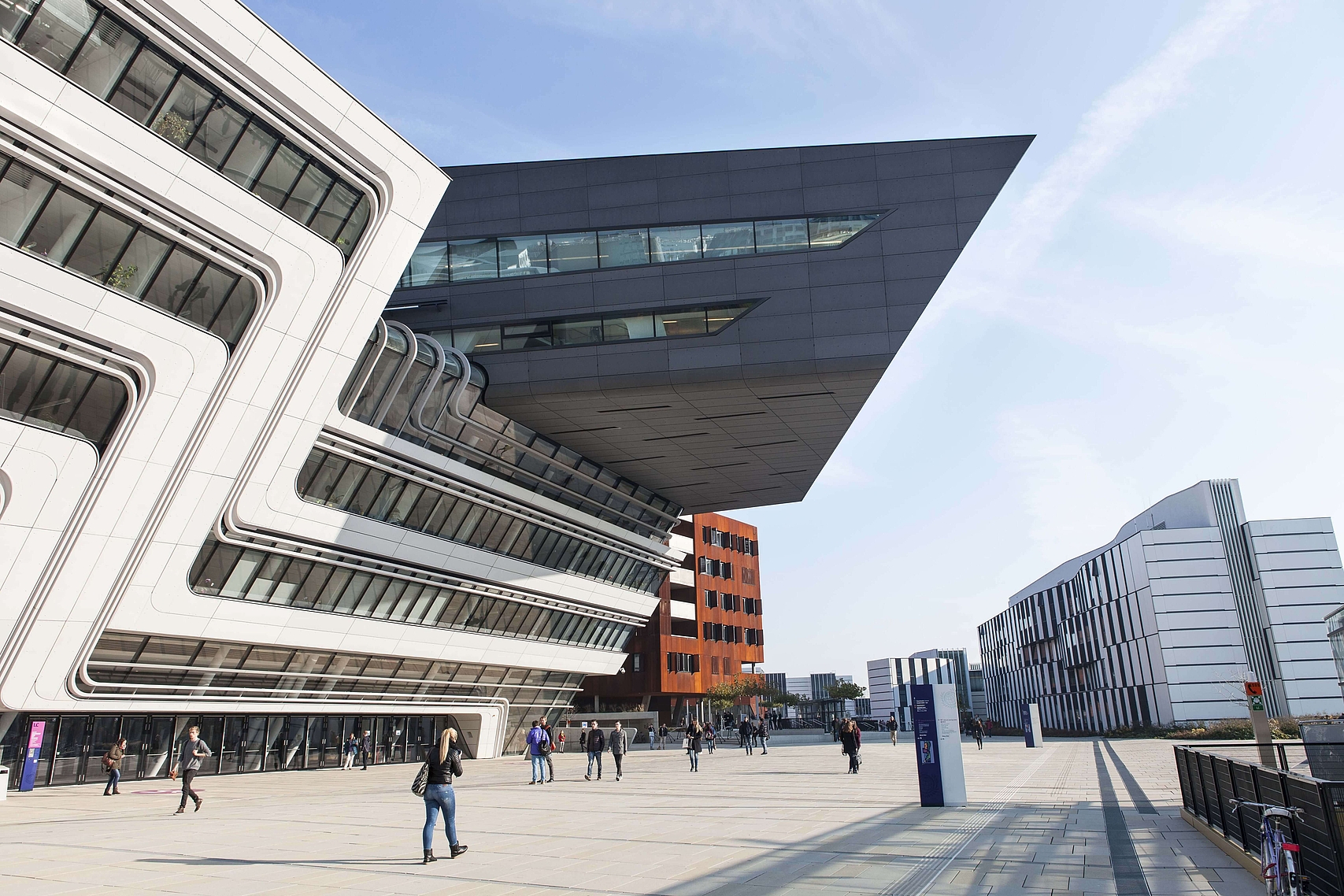
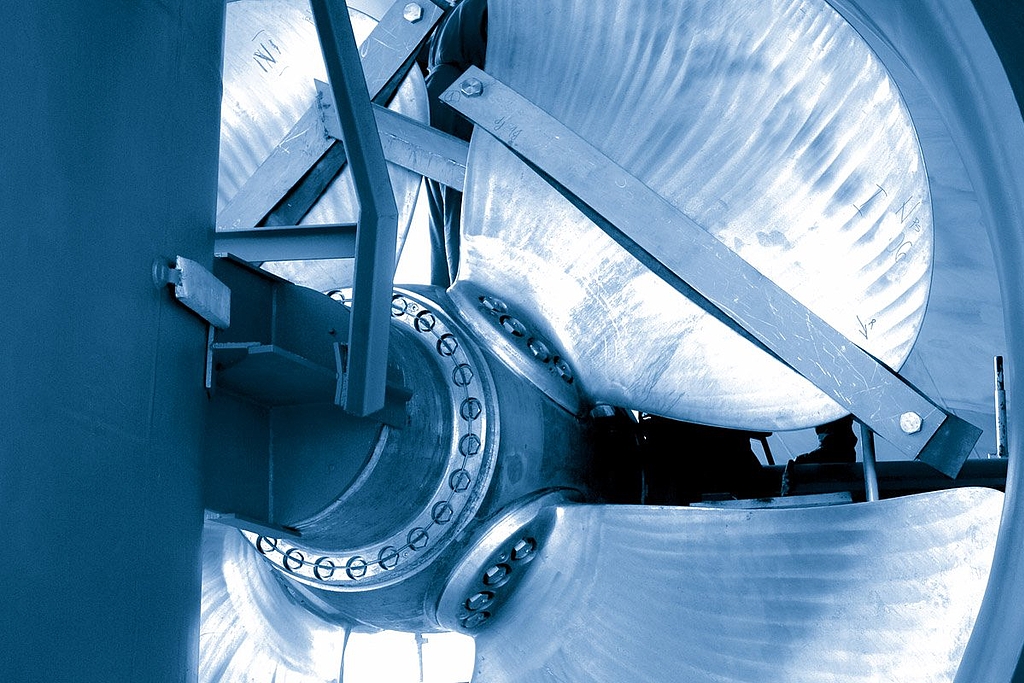

Our rail service is 50% faster than sea cargo and 60% less expensive than air cargo, giving you the best of both worlds.
Rail transport is a fast, cost-effective and environment-friendly alternative to air and sea freight. Our specialized teams will create the optimal rail transport concept for any commodity.
Find out more
